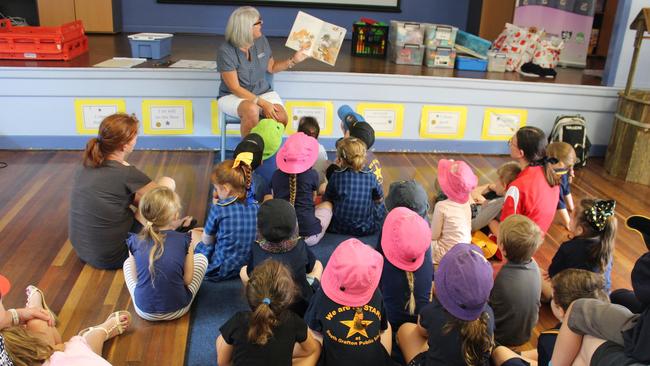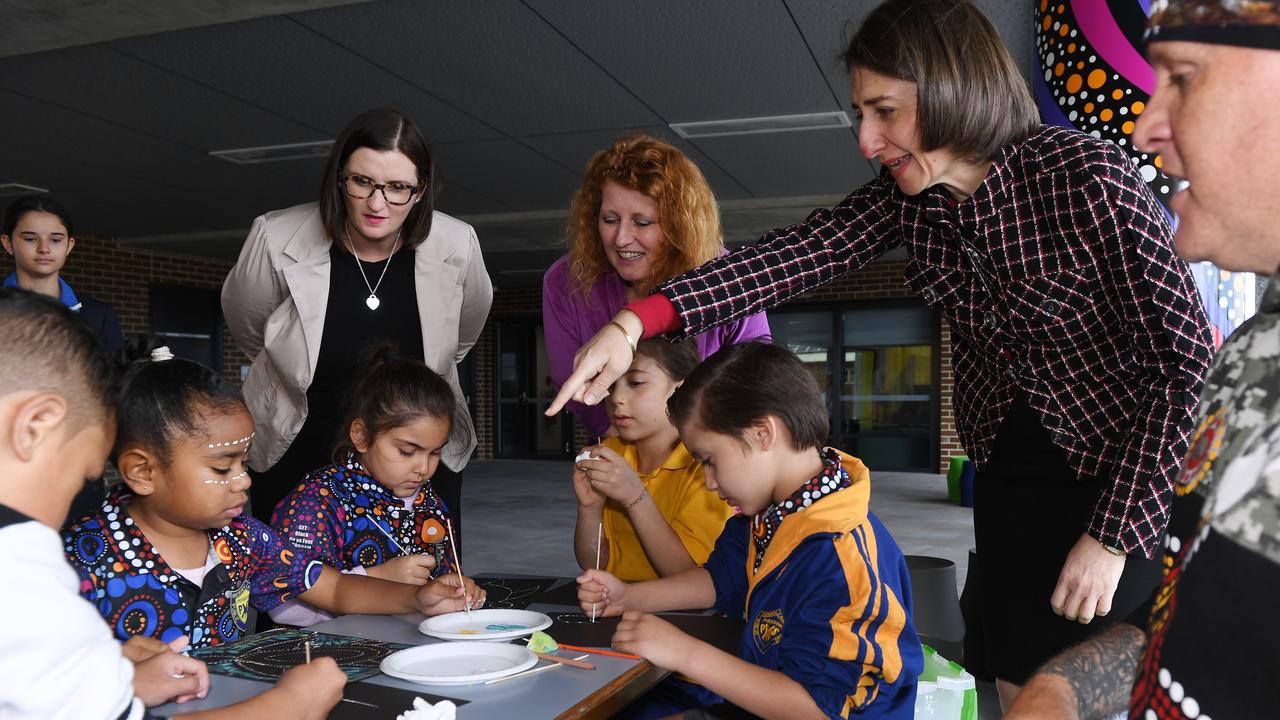NSW school curriculum to undergo a major overhaul
The NSW school curriculum is set to undergo its most significant overhaul in 30 years in a bid to shift the focus of teachers towards equipping students with real life skills with grading and even the ATAR possibly facing the chopping block.
Education
Don't miss out on the headlines from Education. Followed categories will be added to My News.
The most significant overhaul of the school curriculum in 30 years is set to slash its contents by up to 20 per cent in a bid to simplify what students are taught and get back to basics.
The ambitious plan to declutter the crowded curriculum will take a decade to implement with a bid to shift the focus of teachers from just preparing students to attain university degrees to having real life skills.
The review’s interim report, which was ordered by the state government, has found serious change is required in every NSW school with the current curriculum “not the arrangement that will best serve children” in the future.

The review, conducted by Professor Geoff Masters, has put forward bold proposals including removing grading from A to E in favour of tracking each student’s progress and even consideration for scrapping the ATAR.
It also suggested curriculum content not be constrained by year level rather by a “level of attainment” and called for teachers to have more control over what they teach so it can be tailored to students needs.
“The new and urgent challenge for schools and the school curriculum is to ensure that all students reach levels of attainment currently achieved by only some,” the review states.
The report — the first of its kind in three decades — also notes a decline in NAPLAN results in NSW with this underscoring why major change is needed.
SCHOOLS HUB NEWS
Sydney schools: richest and most expensive
Australia’s flash private school perks
How to pick the right school for your child
The report found the crowded syllabus has been “encouraging superficial coverage of material rather than teaching for understanding, exploring relevance and meaning, and providing opportunities for students to transfer and apply their learning”.
Premier Gladys Berejiklian said the review would lead schools “back to (the) basics” of maths, English and science.

“We want a curriculum that leaves no student behind while stimulating students who are advancing faster than others,” she said.
The review also acknowledged that onerous paperwork and “box ticking” was a strain on teachers who also had to spend time canvassing “social concerns” with their students.
Education Minister Sarah Mitchell said the review indicated “significant change” was required.
Michelle Pelizzari supported the back-to-basics approach for her daughters Neve, 10, and Gigi, 12.
“I think the expectation of what teachers have got to focus on has become too broad and it is impacting on our results,” she said.
She expressed concern about giving teachers too much autonomy to decide what they would teach.
“You have got to be careful there in terms of who may have their own political or social agenda,” she said.

